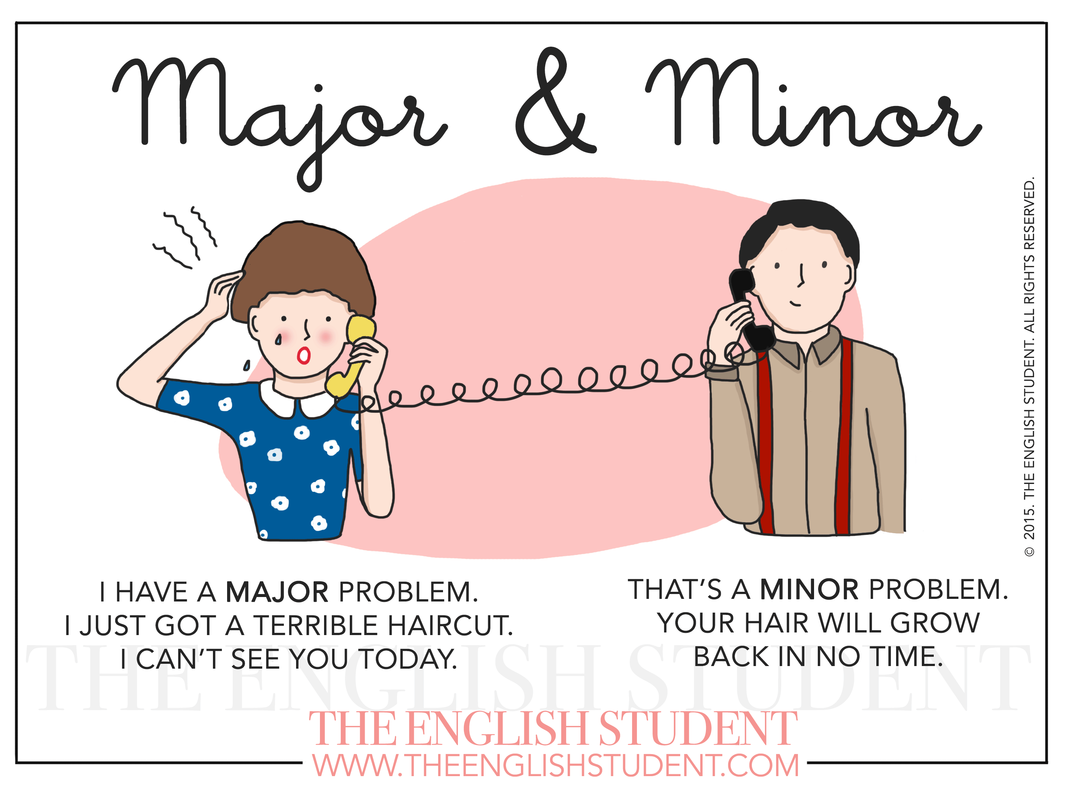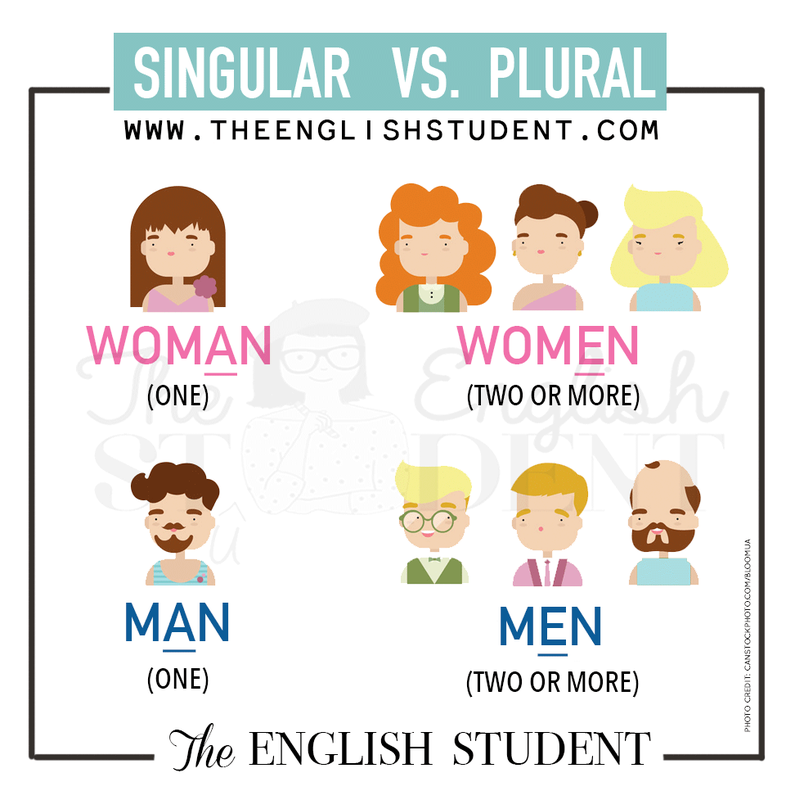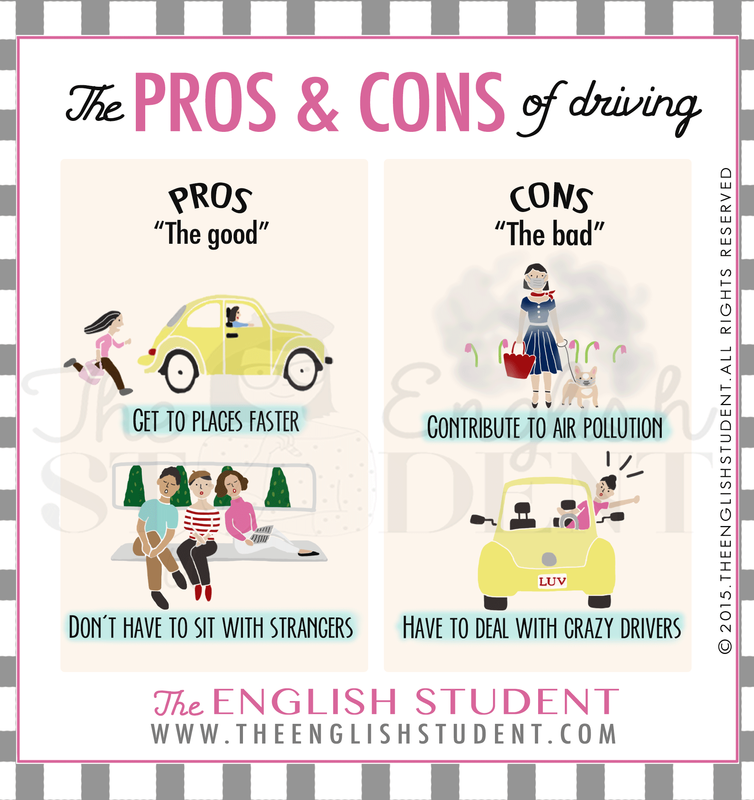My brother-in-law (my husband's younger brother) lives on a beautiful island in Washington State called Whidbey Island. Last weekend, my husband and I took a drive from Seattle to visit him, his wife and meet their newborn baby, Mario (he is so adorable!). They have a beautiful garden with lots of vegetables, fruits, and chickens! We got a bag of delicious produce from them. If you follow me on Instagram, you would have probably seen it! Since we had some strawberries from his garden, I decided to make this super easy Strawberry Avocado Toast recipe. Follow this recipe and learn seven new verbs.
| Ingredients: Strawberries Avocado Balsamic Vinegar Bread (I used whole grain) Lemon (if you'd like some extra flavor!) Instructions:
|
Drizzle (v.)pour liquid lightly over something
Soak (v.)place in liquid so it absorbs
Scoop (v.)remove something out with a spoon
Smash (v.) break something into smaller pieces
Spread (v.) layer something on an area
Squeeze (v.) press something together to release liquid or change the shape or make smaller
If you make this recipe or have another similar recipe, please share your delicious work with me!














 RSS Feed
RSS Feed
